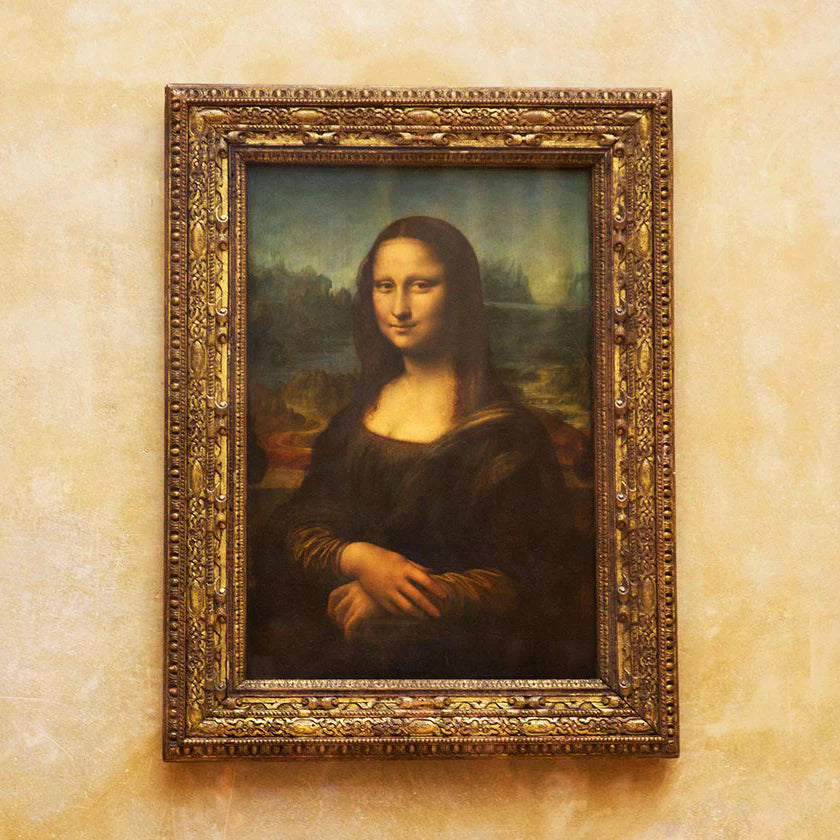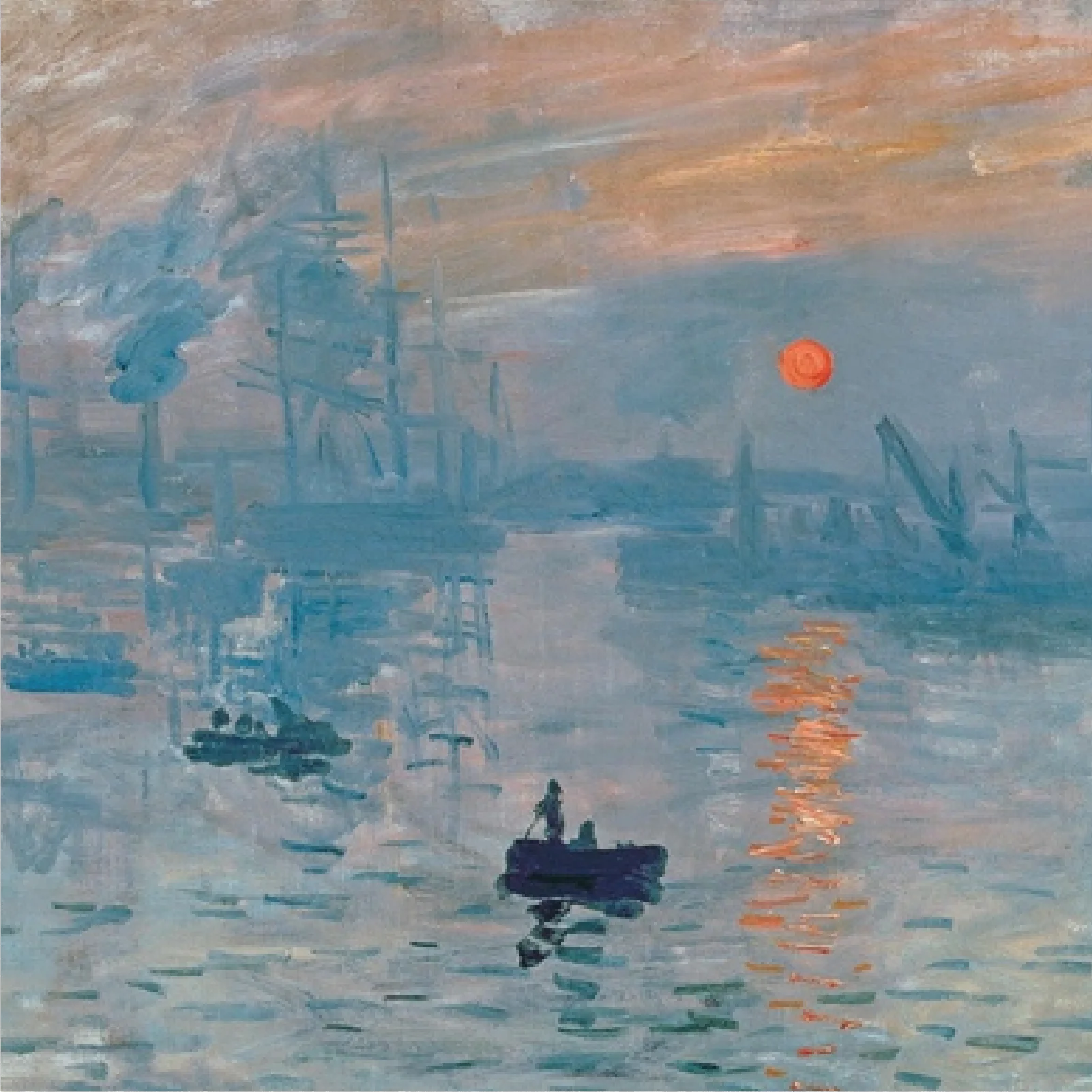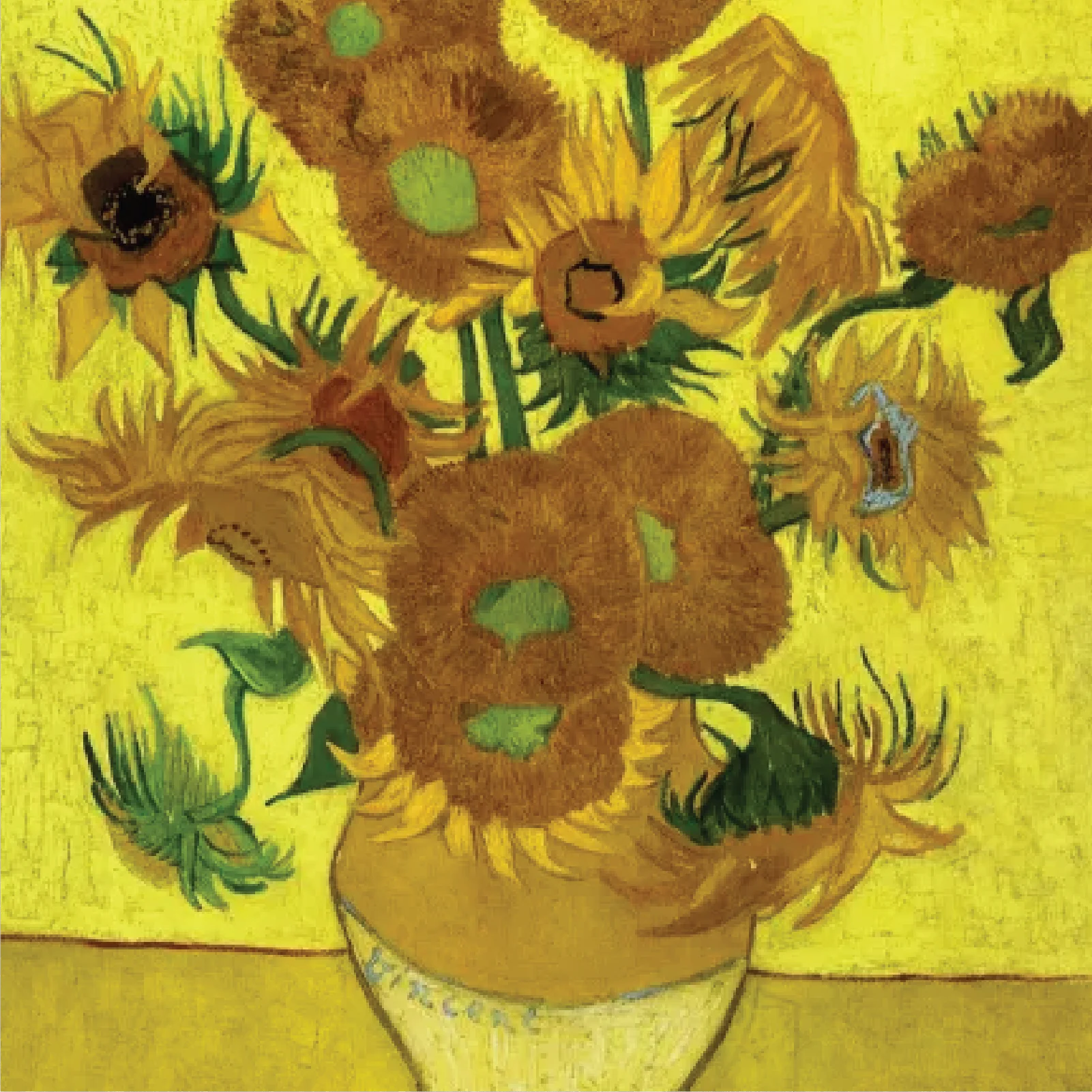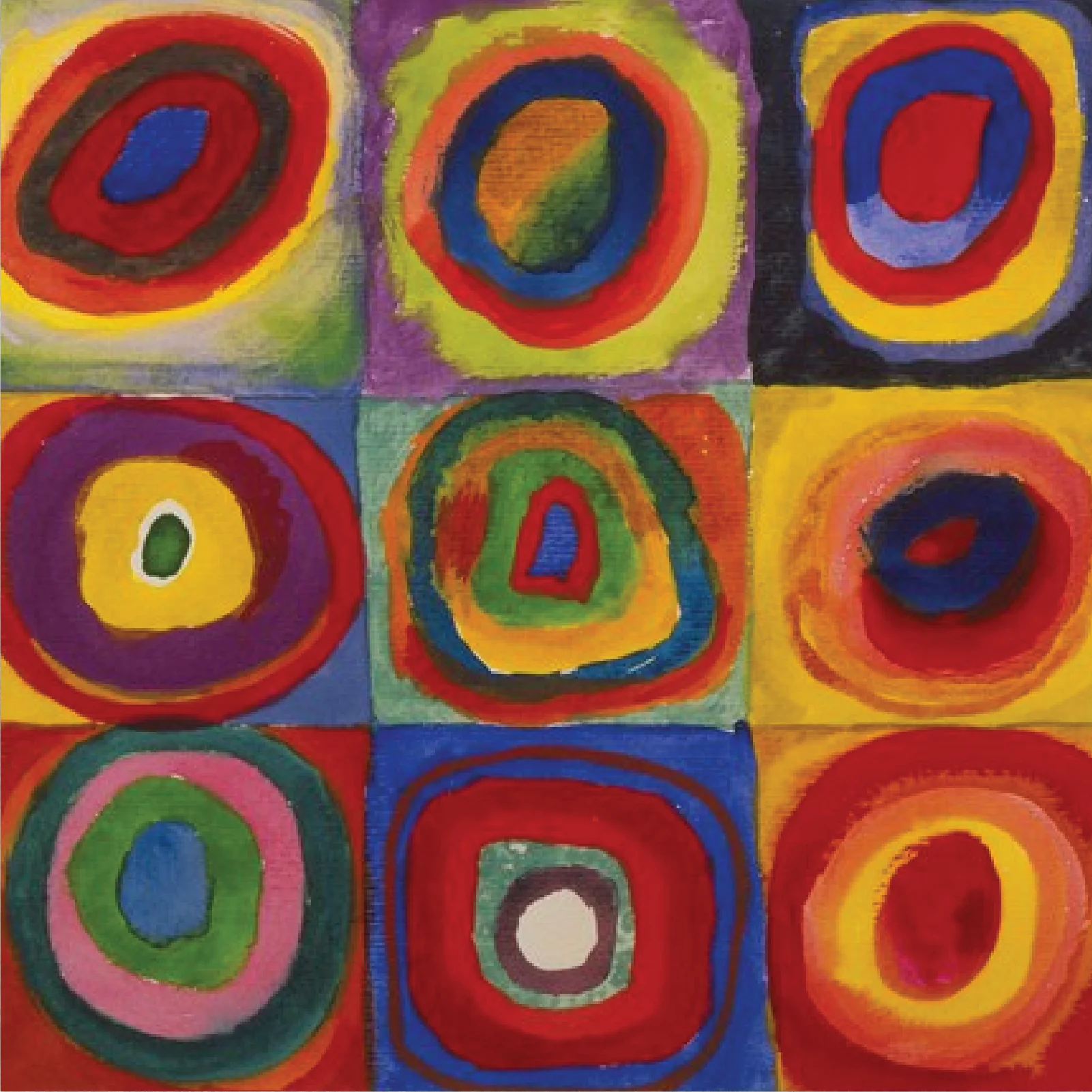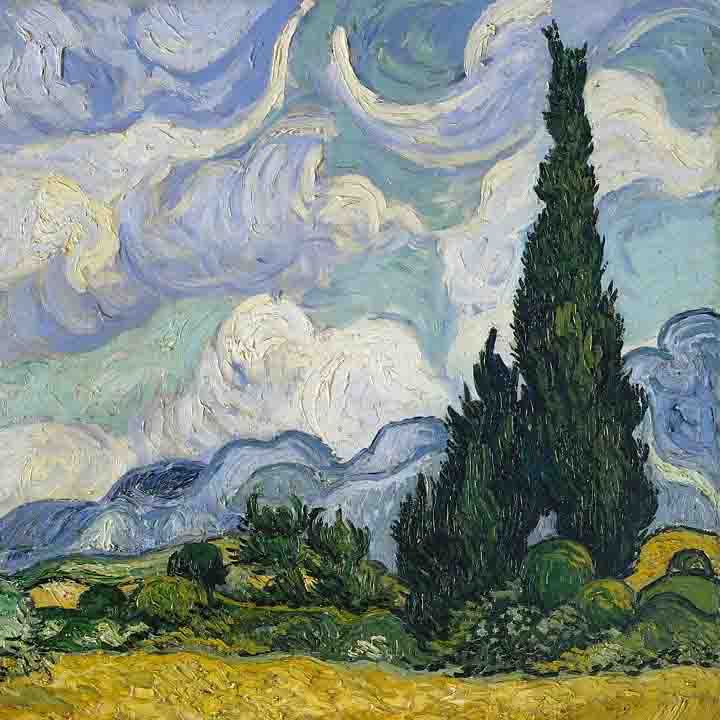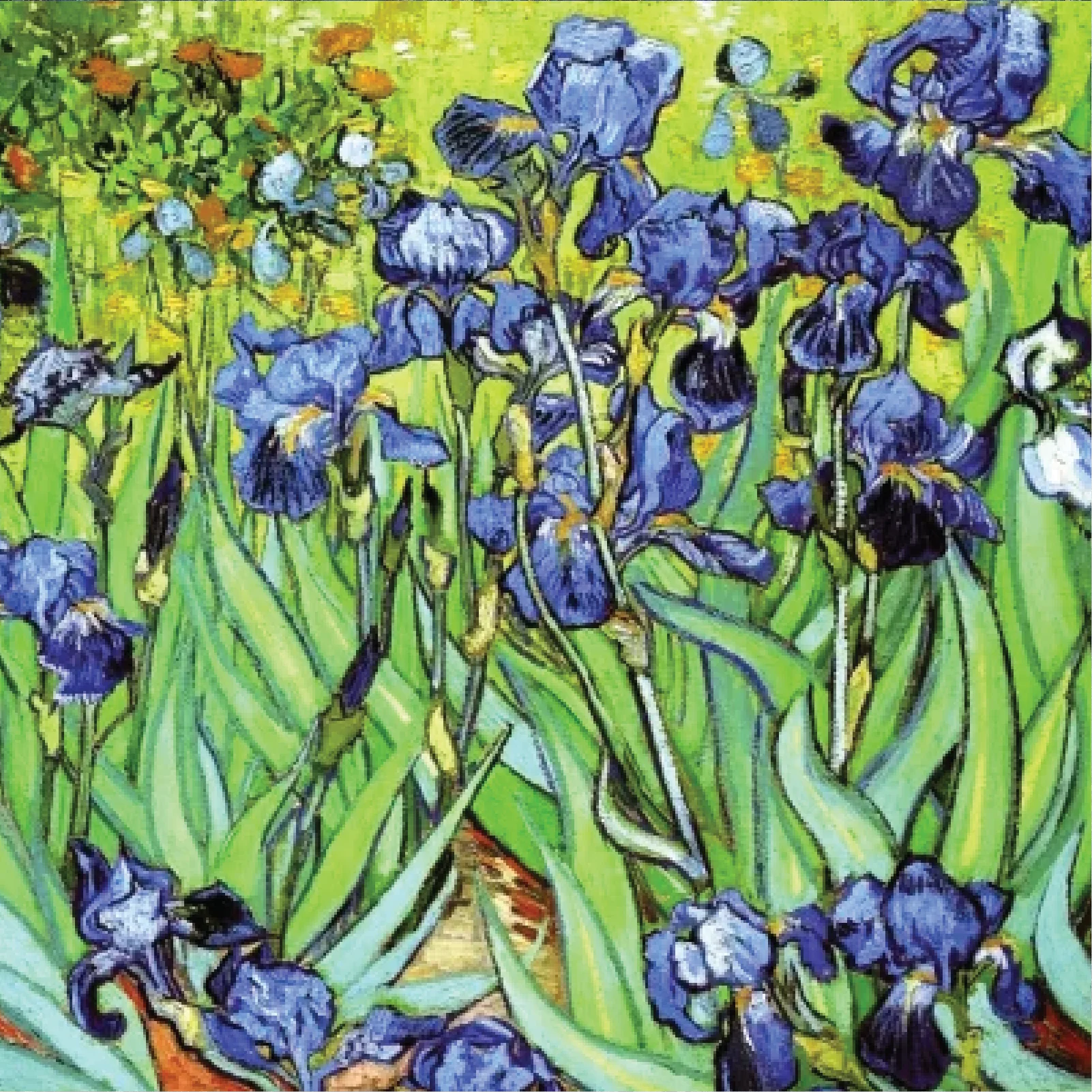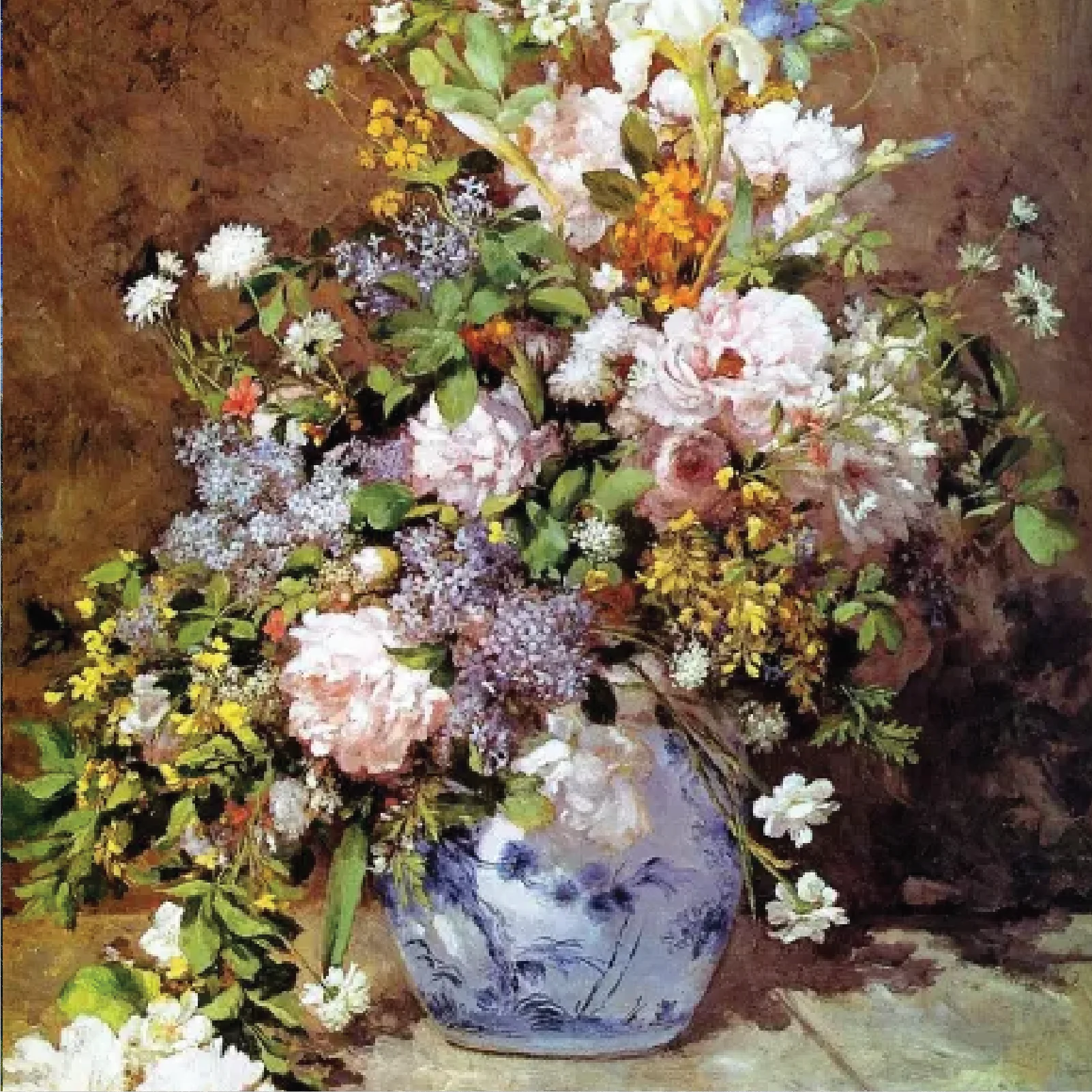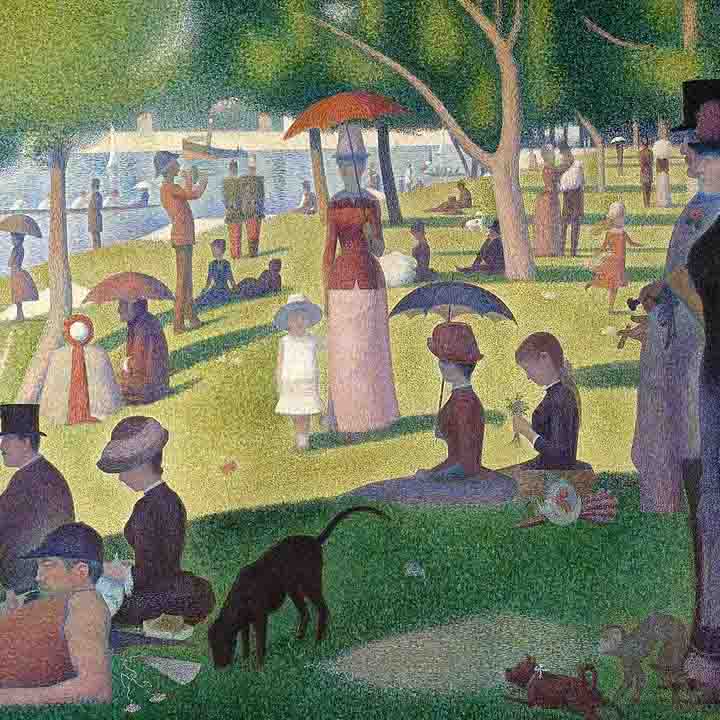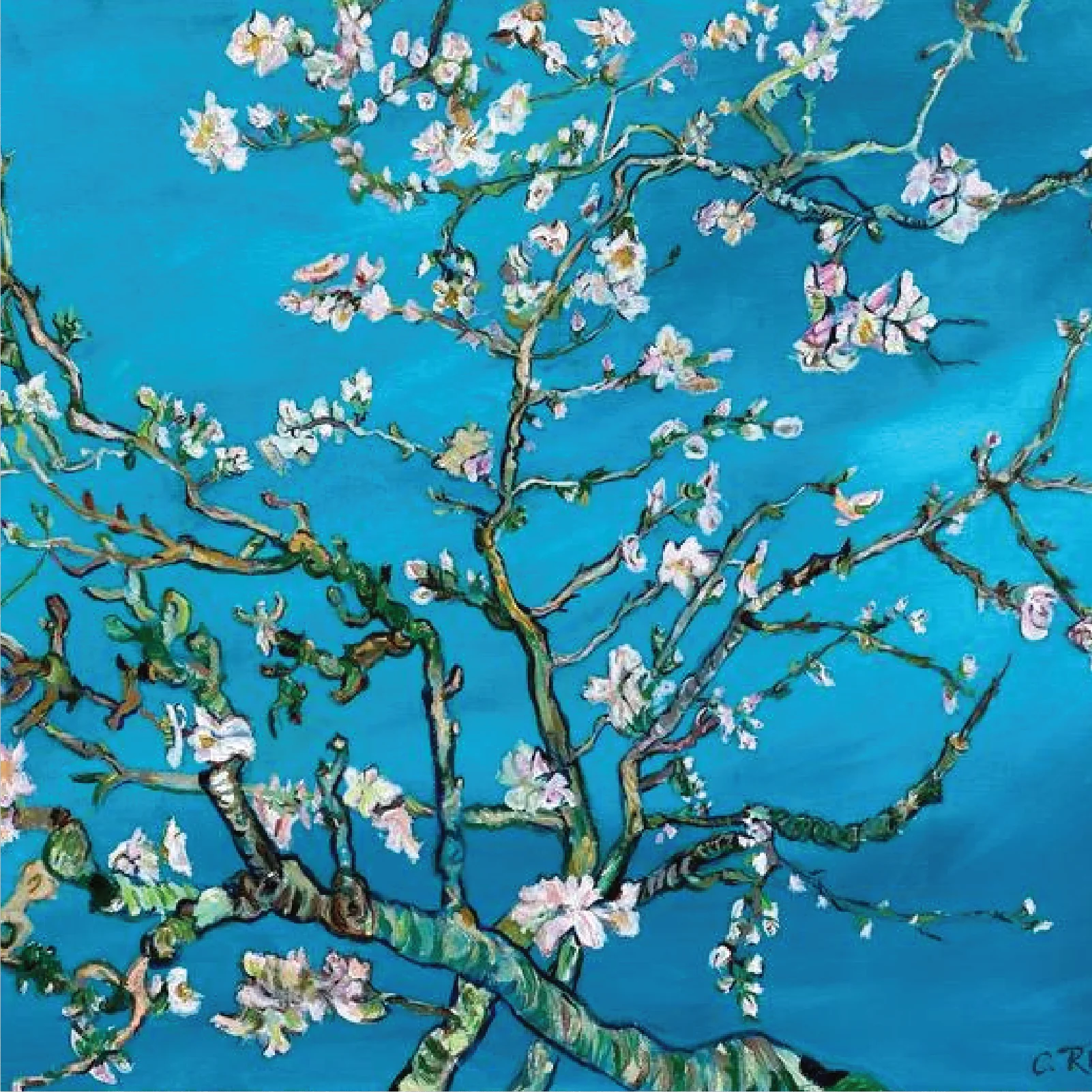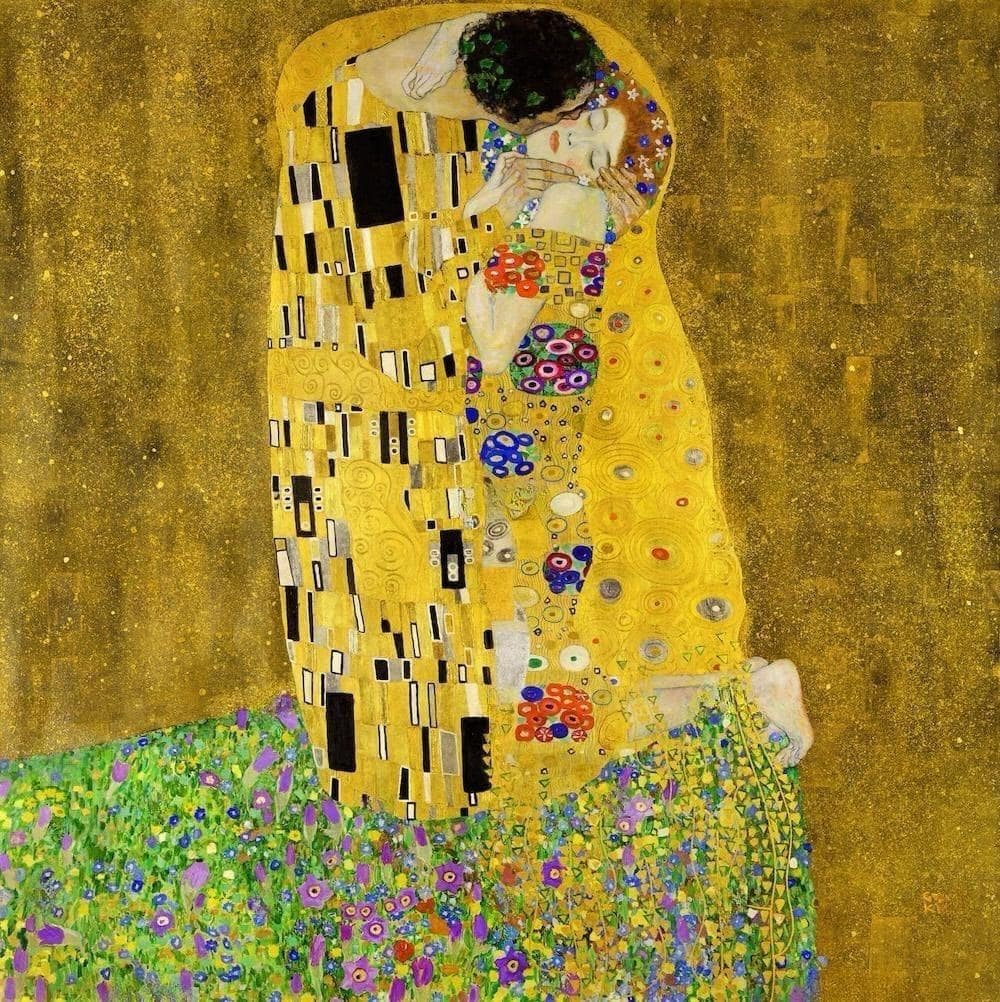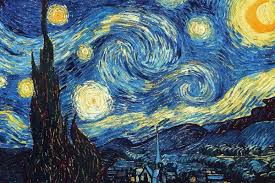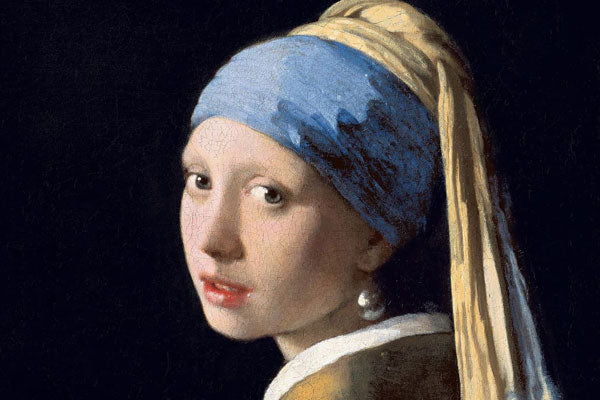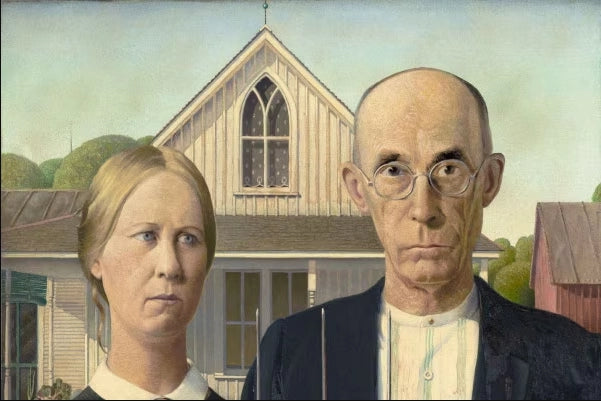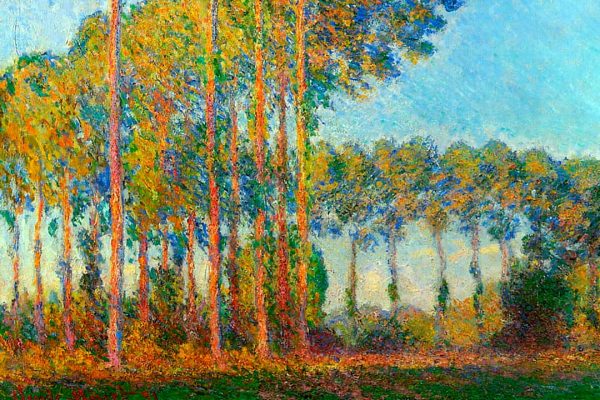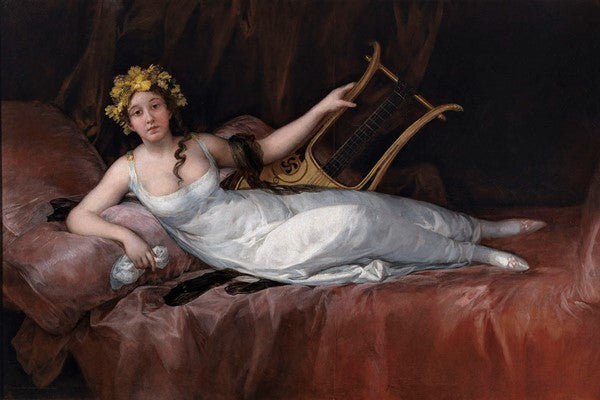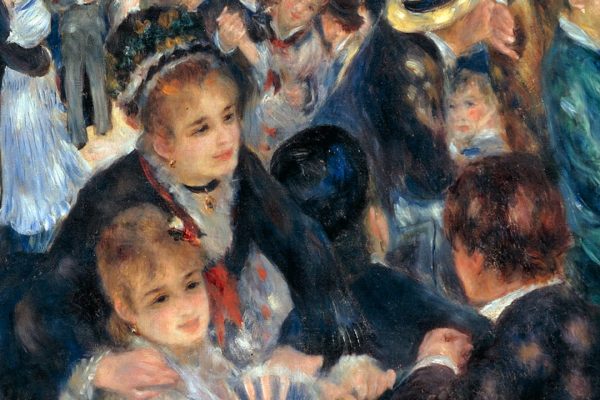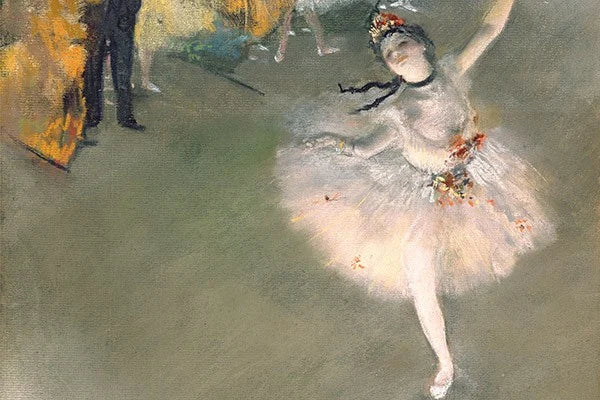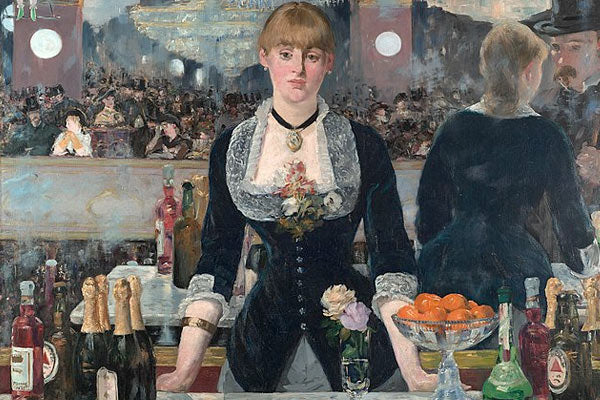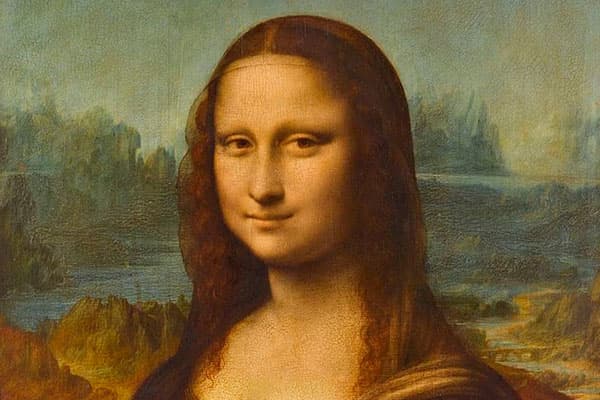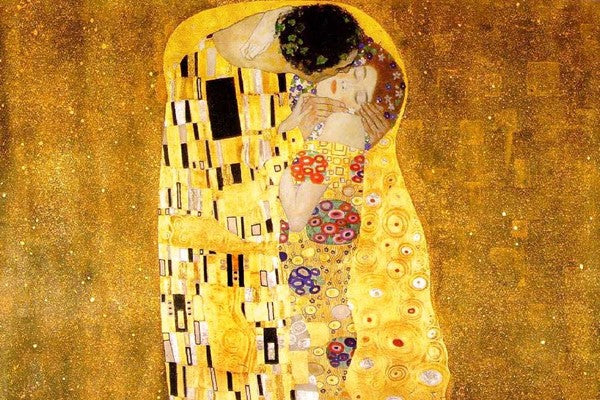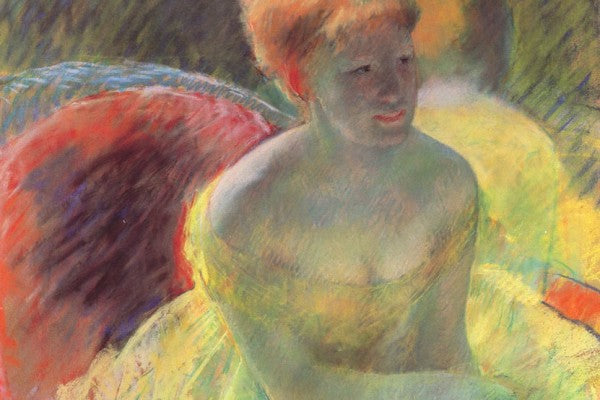For centuries, replica paintings have existed alongside original artworks, allowing art lovers to own famous paintings without the high price tag of an original work. But is it bad to create and sell replica paintings? The answer is nuanced. While some reproductions are perfectly legal, others fall into a gray area or even violate copyright laws.
This article explores the ethics and legality of selling replicas, whether copies of famous paintings are allowed, and when it becomes illegal to sell a reproduction.
At ART&See, we specialize in fine art reproductions, bringing the charm and depth of famous paintings to your home. Whether you want stunning art inspired by famous artists or custom art prints of famous paintings, we ensure every piece of art is beautifully crafted. Our expertise in replica paintings allows collectors and art enthusiasts to enjoy timeless beauty while respecting artistic integrity.
A Long History of Replica Paintings

Replicating Famous Art Since the 15th Century
The practice of creating and selling replica paintings dates back to the 15th century, when artists trained by famous artists were encouraged to copy the original artwork to learn technique and composition. Even masters like Monet and Van Gogh studied by copying their predecessors' artwork.
During the Renaissance, replica paintings were often commissioned by wealthy patrons who wanted their own versions of a famous painting but couldn’t afford the actual original.
Reproductions vs. Forgeries
It’s important to distinguish between an art reproduction and a forgery:
-
An art reproduction is a replica that doesn’t try to deceive buyers.
-
A forgery falsely claims to be an original painting, often including the original artist’s signature to mislead collectors.
If you sell reproductions honestly and transparently, you are in a legal gray area rather than outright fraud.
Is It Legal to Sell Reproductions?
Understanding Copyright Laws in Regards to Art
Under artwork copyright laws, an original artist’s work is protected for their lifetime plus 70 years. This means:

-
If a famous artist’s work is still under copyright, it is illegal to sell replica paintings without permission.
-
If an artist’s work has been in existence for 70 years after their death, it becomes part of the general public domain, making it perfectly legal to create and sell replica paintings.
For example:
-
Claude Monet’s works are now in the general public domain, so creating and selling replica paintings of his style of Monet is allowed.
-
However, Heidi Joy, a local artist, still owns the original copyrights to her work, meaning you probably won’t be able to copy the original without permission.
Exceptions: Fair Use and Transformative Works
In some cases, an artist may use an artwork legally if they:
-
Negotiate the copyrights with the original artist or their estate
-
Transform the work significantly, such as through parody or modern reinterpretation
-
Obtain permission through types of contracts allowing reproductions
If you don’t try to alter the original artist’s name and instead create an inspired piece, it can fall under fair use rather than copyright infringement.
Why Do People Buy Art Reproductions?
Affordable Access to Famous Art
Many art lovers look for art but can’t afford famous paintings. Buying art prints or selling copies makes great art accessible. Owning a Monet’s "Bouquet of Sunflowers" as an art print allows someone to enjoy its beauty without purchasing the original painting.
Bringing the Outdoors Inside
Some prefer nature-inspired art prints, such as floral pieces that bring the outdoors into their homes. Whether it’s a piece of art inspired by Van Gogh’s sunflowers or a custom reproduction, these fine art pieces add warmth and charm.
Collectors Want Original Artwork
While many people enjoy selling copies, serious collectors want original artwork. The value of an original painting will always be higher than a reproduction, which lacks the artist’s signature and unique brushwork.
When Is Selling Replica Paintings Unethical?
Plagiarism and Misrepresentation
It’s one thing to sell reproductions openly, but passing them off as original artworks is considered plagiarism and fraud. Some unethical sellers copy the original, add the original artist’s name, and try to deceive buyers. This is not only illegal to sell, but it’s also unfair to the original artist.
Mass-Produced Digital Copies
There is also a difference between hand-painted replica paintings and mass-produced art prints. While art prints of famous paintings are common, they lack charm and depth compared to a hand-painted fine art piece.
Unlicensed Commercial Use
Companies selling prints of famous art on merchandise (like T-shirts or home décor) without licensing may face lawsuits from copyright holders, just like with Louis Vuitton or Marvel superheroes.
How to Sell Reproductions Legally
If you want to create and sell replica paintings, follow these guidelines:
-
Only sell works in the public domain (artist’s lifetime plus 70 years rule).
-
Make the attribution clear—state that it is a replica and not an original painting.
-
Obtain permission from the original copyrights owner if needed.
-
Prove those rights with proper licensing or types of contracts.
For example, purchase from Heidi Joy or another local artist directly instead of copying their work without permission.
Q&A: Common Questions About Selling Replica Paintings
Q: Is it always illegal to sell art reproductions?
A: No. If the work is in the public domain (artist’s lifetime plus 70 years), then it’s perfectly legal to create and sell reproductions.
Q: Can I sell digitally created art based on a famous painting?
A: Digitally reproducing and selling copies of copyrighted art can be illegal unless you modify it significantly or have permission.
Q: What if I’m just copying for personal use?
A: If you’re trying to learn and not selling the painting, it’s fine. Problems arise when you work and sell the reproduction commercially.
Q: Are there contracts that allow selling copies?
A: Yes. Some estates negotiate copyrights and grant licenses to artists who want to sell many copies of an artist’s work legally.
Final Thoughts: Should You Create and Sell Replica Paintings?
The question of whether it’s bad to create and sell replica paintings depends on the situation. If you respect artwork copyright laws and follow ethical guidelines, selling replicas can be a great way to share art with the general public. However, if you copy the original without permission, you risk copyright infringement and damage to your reputation.
When in doubt, look for art that is legally reproducible, obtain permission, and always be transparent with buyers. That way, you can create and sell replica paintings without legal or ethical concerns. Art&See provide top notch oil painting reproductions.
